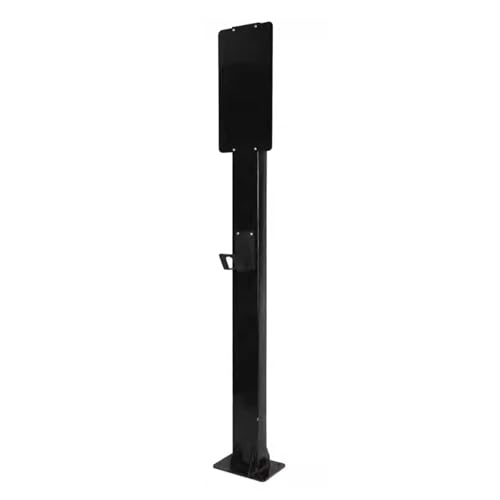robdickinson
Well-known member
- Joined
- Jan 20, 2018
- Messages
- 78
ChrisMiller said:Exactly, Rob, if you insist on a full-size electric vehicle, then the Outlander is an attractive option - throw in government incentives for company vehicles on top, and it becomes almost a no-brainer. But take those incentives away and I'm left wondering whether spending an extra £5k or settling for a (slightly) inferior vehicle by opting for a PHEV is a good choice just to 'save the planet' (and that's assuming you believe that EVs actually reduce CO2 emissions - even if their electricity comes from solar panels or windmills, those still have to be manufactured somewhere). Looking purely financially, I reckon with my mileage patterns, I save around £6-700 a year on petrol and road tax, which doesn't really justify a £5k spend. YMMV, as they say.
I used to spend $4000-5000 pa on fuel.
Buying a new phev at $65k didnt look worthwhile, but mine was $32k and I will save $3k+ a year on fuel, cost to upgrade from my previous car will be paid back in 3 years plus I get to be smug on the environment and drive a better car.



























